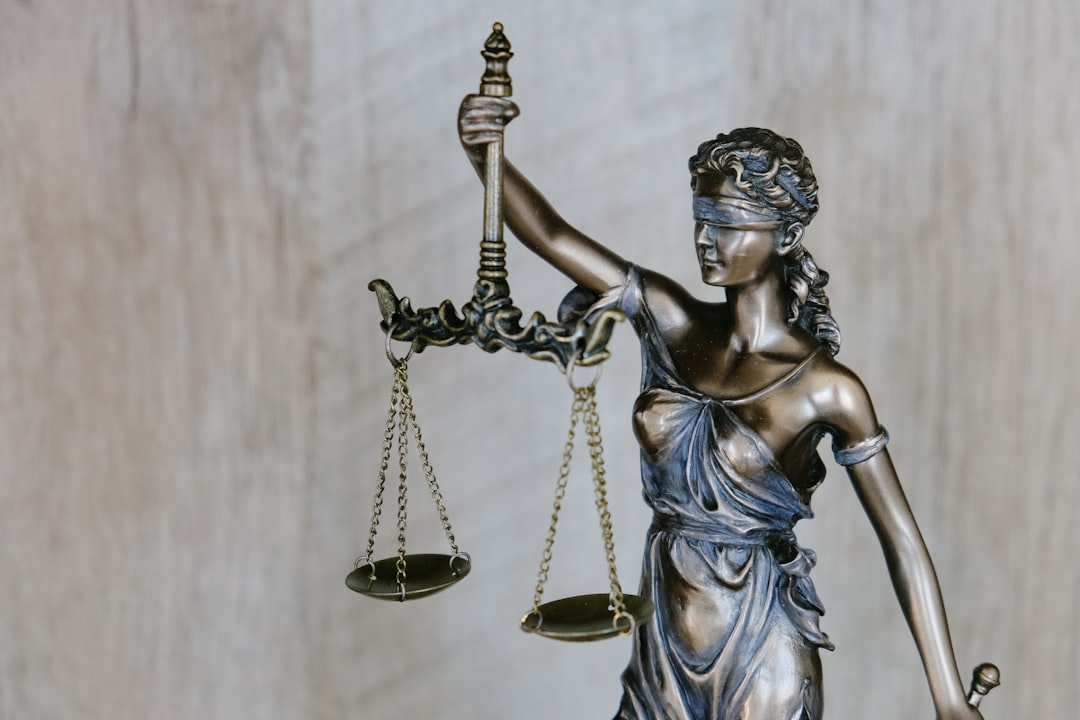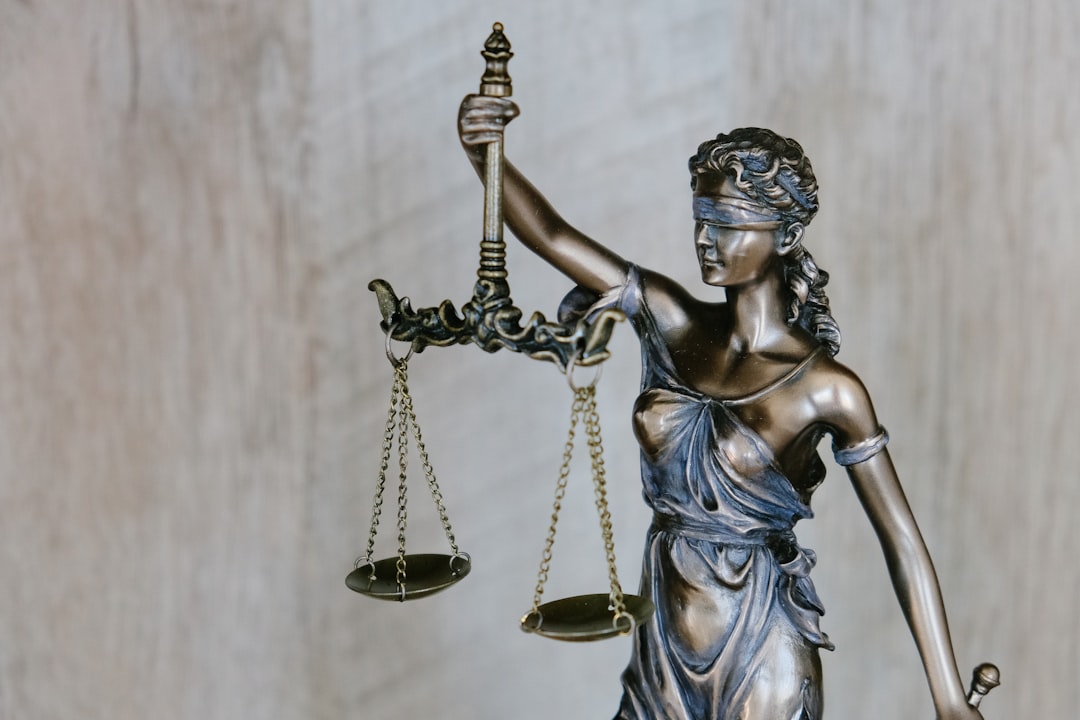The Lawrence case in the late 1990s brought national attention to child sexual abuse, exposing systemic failures and power dynamics within a religious organization. This led to a recognition of the need for improved protection measures and academic research in this critical area. In Kansas, sexual abuse lawyers collaborate with academic researchers to stay updated on legal developments and therapeutic practices, ensuring tailored advocacy for survivors. Academic expertise helps prove sexual abuse cases, navigate complex legalities, understand victim trauma, and advocate for stronger laws, ultimately fostering a more just society for sexual abuse victims.
In the heart of Kansas, the case of Lawrence v. Texas (2003) exposed profound failures in addressing sexual abuse. This article delves into the intricate web of this landmark case, exploring its impact on sexual abuse research. We examine the pivotal role of academia in fostering expertise, educating communities, and advocating for survivors. Furthermore, we analyze legal implications and the necessity of specialist knowledge in fighting sexual abuse. Ultimately, it highlights how academic insights empower lawyers like those in Kansas to champion justice for victims.
The Lawrence Case: Uncovering a Complex Web of Sexual Abuse

The Lawrence case, which brought national attention to child sexual abuse in the late 1990s, unveiled a complex web of issues surrounding this heinous crime. This high-profile lawsuit, led by a determined team of sexual abuse lawyers in Kansas, shed light on systemic failures and the need for improved protection measures. The case involved allegations of widespread sexual misconduct within a prominent religious organization, highlighting the deep-rooted challenges in identifying and prosecuting such crimes.
The legal battle uncovered a labyrinthine network of secrecy and power dynamics that hindered victims’ ability to seek justice. Many complex factors contributed to the initial underreporting and subsequent difficulties in investigating these abuse claims, making it imperative for academia to step in and address this critical research gap.
The Role of Academia in Research and Education

Academia plays a pivotal role in shaping our understanding of complex social issues, including sexual abuse. Researchers and institutions of higher learning are at the forefront of conducting thorough investigations, gathering empirical data, and disseminating knowledge on various aspects of this sensitive topic. Their expertise enables them to develop evidence-based strategies for prevention, intervention, and support systems, thereby enhancing the lives of survivors and society at large.
In Kansas, where sexual abuse cases often require meticulous legal handling, academia offers a unique perspective. Sexual abuse lawyers in Kansas can collaborate with academic researchers to stay abreast of emerging trends, legal precedents, and therapeutic interventions. This synergy fosters informed advocacy, ensuring that both legal strategies and educational approaches are tailored to the nuanced needs of survivors, while also contributing to the broader body of knowledge in this field.
Legal Implications and the Need for Specialist Knowledge

In the context of sexual abuse cases, especially complex ones involving power dynamics and institutional settings like the Lawrence case, legal implications demand a nuanced understanding. Academic research plays a pivotal role in providing specialist knowledge that can aid legal processes. Experts in fields such as psychology, sociology, and law contribute to developing robust methodologies for investigating and proving sexual abuse, particularly against minors. These scholars help establish criteria for reliable evidence collection, victim testimony evaluation, and the interpretation of legal statutes related to sexual assault.
Sexual abuse lawyers in Kansas and elsewhere rely on this academic expertise to navigate the complexities of such cases. They need to understand the psychological impacts of trauma on victims, the societal factors that influence disclosure, and the legal frameworks that have evolved to protect survivors. This specialist knowledge ensures that justice is served effectively, protects vulnerable individuals, and strengthens laws aimed at prosecuting sexual abuse.
Supporting Survivors and Promoting Change through Expertise

In the context of sexual abuse, academia plays a pivotal role in providing support and driving change through expert knowledge. Researchers and professionals from various academic disciplines contribute to a deeper understanding of this complex issue. By conducting thorough studies, they uncover patterns, identify risk factors, and develop effective strategies to prevent and address sexual abuse. This expertise is instrumental for survivors seeking justice and healing. Academic institutions in Kansas, with their dedicated centres and programs, offer specialized support to victims, ensuring they receive the necessary legal, psychological, and social assistance.
Moreover, academia empowers survivors by amplifying their voices and experiences. Through research and publications, academics bring attention to the challenges faced by survivors, advocating for policy changes and improved legal frameworks. In Kansas, where sexual abuse lawyers play a crucial role in holding perpetrators accountable, academic contributions provide the evidence-based foundation necessary to strengthen cases and support survivors throughout the legal process. This synergy between academia and legal professionals ultimately contributes to a more responsive and just society.




